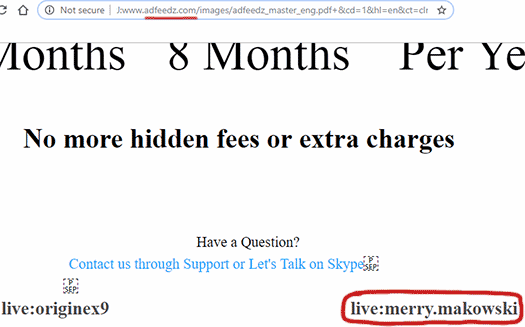

They set up calendar events to remind themselves when to send the data, and to which group of users. Previously, Jacob and his team had to query, export and email the data manually to their business users. There are specific reports on key metrics that are important for the ShopBack team to constantly monitor. This makes it easy for them to collaborate and plan their business strategies, and confidently substantiate the effectiveness of their campaigns using data, helping them to discover new trends for growth.

Now, when the marketing team launches a campaign, they can instantly track new user registrations and cashback redeemed by product or merchant. Having the most up-to-date visibility about their tasks on hand allowed them to respond as events happened. For example, whenever the country heads and marketing team of ShopBack ran a new campaign, they wanted to track and immediately know the impact of their marketing campaigns on new user sign-ups, and the increase in cashback transactions. It helps that they can reuse their existing SQL scripts that they had already developed, and publish them as dynamic reports in Holistics that can be accessed by their business teams online, instead of having to learn a new platform language and interface.Īfter setting up the initial reports, their country and marketing heads could immediately start using Holistics to track and retrieve the data they need to make business decisions. With Holistics, Jacob and the data team saw how Holistics would help automate their data reporting process and query scripts management. In addition, the time-zone differences made it difficult for them to communicate and get timely responses from their vendor’s support teams. The ShopBack team evaluated several cloud reporting and business intelligence tools such as Looker and Periscope, but these tools required a high upfront cost to get started with implementation of the software. Their business teams wanted more up-to-date access to the data needed to make timely decisions. The ShopBack data team needed a better way to manage, process and deliver the reports to their business users. However when ShopBack expanded into different countries, the team found themselves navigating and scrolling through long continuous pages of similar SQL queries, with overly specific syntaxes for each country. The data team tried storing these script definitions and descriptions in a corporate wiki, which included the script description together with the SQL syntax in a single place. Most SQL queries used to extract the report result-sets tended to be similar with minor parameter changes, however, storing these scripts into saved repositories did not provide the context on what the scripts were developed for, and other necessary metadata about the purpose of the queries. While a simple request may take him 30 minutes to complete, complex requests could take him up to 4 hours to prepare and complete.Īdditionally, storing and managing query scripts began to be cumbersome.

Daily and weekly reports were prepared manually, and there were days taken up entirely by attending to over 8 data requests.

Jacob Eyo, Data Analytics Lead at ShopBack, used to have to manually write queries and extract datasets from their databases, before emailing the spreadsheets results to his business teams. With the rapid growth and traction of ShopBack, ShopBack’s data team ran into a problem-the number of data requests were going up as the company grew, and was taking time away from the team’s core data work.


 0 kommentar(er)
0 kommentar(er)
